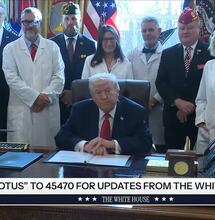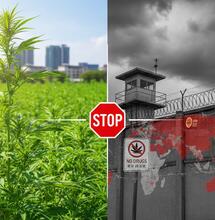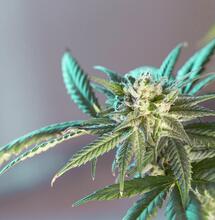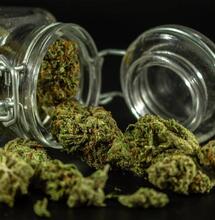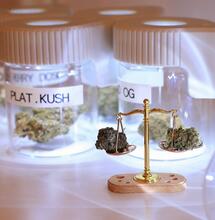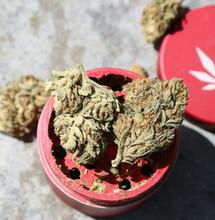Could DEA Ban Delta-8 THC?
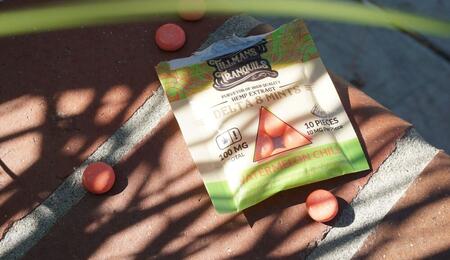
The talk is out that the U.S. Drug Enforcement Administration (DEA) may ban delta-8 THC and impose strict restrictions on CBD. Still, a rulemaking process this big could take years, and there are already states that have worked toward laws that actually regulate the trade of hemp-derived cannabinoids.
DEA is considering changes to federal drug-control laws that might effectively ban almost all delta-THC products and significantly affect the nation's $5 billion CBD industry. This was the take out from a presentation given by DEA representatives at a recent conference.
Over the last couple of years, synthesized forms of THC, such as delta-8 THC, have become extremely popular around the country. The main catch with delta-8 is that it's derived from CBD, thus it could be legally sold as a recreational product in states that do not have regulated adult-use markets.
That was not at all the purpose of hemp legalization back in 2018. But things took an unexpected turn. Delta-8 production practically takes advantage of a legal loophole that the DEA now aims to seal.
At a recent agency conference in Houston, Terrence Boos, chief of the DEA Diversion Control Division's Drug & Chemical Evaluation Section, suggested that the DEA would propose a new limit of no more than 0.1% THC on a weight-to-weight ratio in hemp-derived products. That is three times less than the current limit.
The DEA representative said that the recommendation came from the federal Department of Health and Human Services. The proposed new limit is the same limit as for THC found in Epidiolex, a major FDA-approved pharmaceutical used to treat epileptic seizures.
It is also understood from the presentation that delta-8 THC, as well as other hemp-derived cannabinoids, will be classified as scheduled substances since they are derived by way of chemical synthesis. However, it is unclear what that classification would be.
The lowest category is Schedule V, but even with that classification, the impact would be huge on the entire industry and all the regulations that are already out there in place.
The DEA's proposal may lead to a ban on almost every delta-8 THC product on the market if enforced. The effects would be further felt in the CBD sector, especially if DEA is serious about changing the THC limit for hemp products.
A lot of states have already introduced laws that limit or prohibit the manufacture of THC analogs from CBD. Some of the fears are that these products are not tested, and there hasn't been extensive research to determine their long-term effects from consumption.
Nevertheless, some states have taken a direction opposite from total ban. Just recently, Tenessee's Gov. Bill Lee signed a bill into law that will effectively regulate what's in Delta-8 cartridges, gummies, and other products.
The Tenessee law, which goes effective on July 1, will require everyone to be 21 years of age or older to be able to purchase hemp-derived products, and it will demand testing to ensure the hemp-derived light psychedelics are free of contaminants. There will also be a 6% tax on these products. All while delta-9 marijuana remains illegal in Tenessee.
